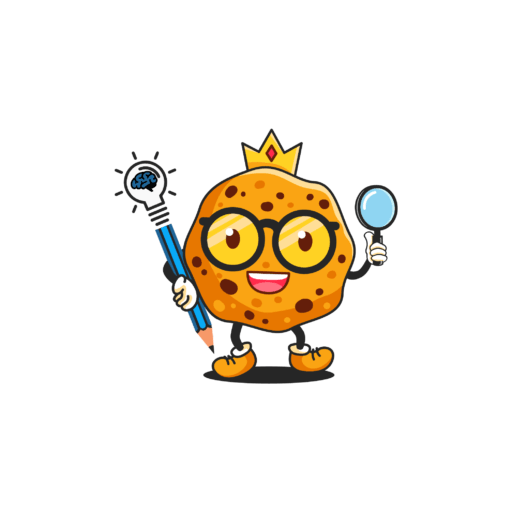Parenting a teenager is a balancing act between protecting them and giving them space to grow. While your instincts may urge you to step in and solve every problem, doing too much can actually hinder their development. The following are eight actions you should consider stopping to help your teen become confident, independent, and resilient.
1. Stop Solving Their Problems for Them
When you always fix things for your teen, they lose the chance to develop problem-solving skills. Instead of giving them solutions, ask guiding questions: “What do you think you should do?” or “What options do you see?” Offer support and brainstorming help—but let them lead the path forward.
2. Stop Managing Their Schedule Completely
Planning every class, activity, or hour of their day may feel like you’re helping, but it robs them of learning how to budget their own time. Encourage your teen to plan and own their schedule. Give them tools (calendars, apps, reminders) and let them make mistakes and learn.
Also Read: What Is Motessori Parenting? Guide to Raising Independent and Confident Children
3. Stop Handling Their Conflicts
Interpersonal conflicts—friends, classmates, or social groups—are part of growing up. Rather than intervening, listen to your teen, empathize, and suggest possible approaches. But let them take charge of the conversation and resolution. That’s how conflict-resolution skills are built.
4. Stop Doing Their Chores for Them
Doing chores is one of the most basic ways teens learn life skills. Let them cook, clean, do laundry, and maintain personal spaces. These tasks build responsibility and prepare them for independent living. If you’re always doing it for them, they don’t learn.
5. Stop Making Every Decision for Them
It’s tempting to decide what classes they take, what they wear, or what extracurriculars they follow. But they must own choices—even imperfect ones. Allow them to make decisions (with your input if needed), face consequences, and grow through them. That helps them build confidence.
6. Stop Monitoring Their Every Move
Trust is crucial. Constantly tracking their social media, eavesdropping on their conversations, or checking their whereabouts can send a message of distrust. Instead, set clear boundaries and expectations. Let them have privacy, and let them know you’re there to talk, not to police.
7. Stop Shielding Them from Failure
Failure is an essential teacher. When you always rescue them—fix grades, bail them out socially, or smooth over mistakes—they miss lessons. It’s okay for teens to stumble, fail, get rejected, or struggle. Your job is to support, not shield. Let them experience (safe) consequences and learn resilience.
Also Read: Reasons Authoritative Parenting is the Most Encouraged Style in Modern America?
8. Stop Hovering Over Their Social Life
It’s natural to worry about who your teen is friends with or how they handle relationships. But constantly directing or controlling their social interactions erodes their ability to choose, adjust, and grow socially. Let them build, break, and navigate friendships (with your guidance, not your micromanagement).
How to Shift From Overparenting to Empowering?
Transitioning from doing too much to letting go takes patience and gradual steps. Here are some tips:
- Start small: Let them make a choice you’d normally make.
- Negotiate boundaries: Together, set rules that give autonomy with safety.
- Communicate openly: Explain why you’re stepping back and how you still support them.
- Be consistent: Don’t send mixed messages by sometimes doing everything.
- Celebrate their successes: Acknowledge when they manage things well on their own.
Final Thoughts
Letting go (a little) is one of the hardest parts of parenting a teenager. Yet it is also one of the most important. By stopping these eight behaviors, you help your teen build confidence, responsibility, and the skills they need to thrive as young adults. Your role evolves—not away, but toward a guide who empowers rather than controls.
Disclaimer
We are an educational platform, not professional counselors, therapists, or medical experts. The content on this blog is for informational purposes only and should not be taken as professional parenting, medical, psychological, or legal advice. Every family and child is unique, and what works for one may not work for another. Always seek guidance from qualified professionals before making decisions about your family’s health, education, or well-being. I share my personal experiences here purely for entertainment purposes, so please do not take them too seriously or apply them to yourself without proper consideration.




